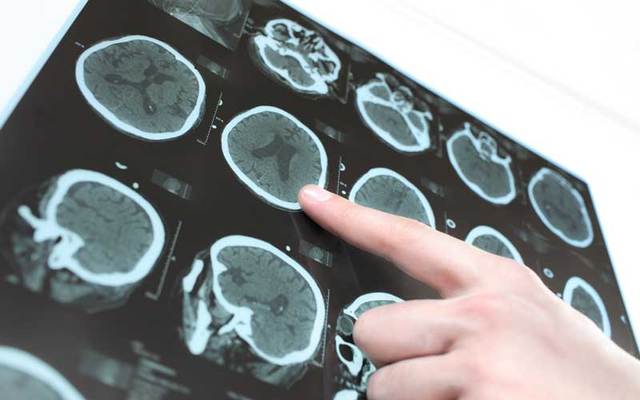Researchers at NUI Galway have reportedly discovered a breakthrough in the use of collagen in a regenerative medicine to treat Parkinson’s disease.
People with Parkinson’s suffer from a progressive loss of movement control caused by the degeneration and death of brain cells that regulate movement.
Therapy for Parkinson’s that replaces dead brain cells with transplanted healthy cells has been, until now, hindered by the poor survival rate of the implanted cells.
Read More: Dublin-based scientists make breakthrough schizophrenia discovery
However, a team of neuroscientists from the Galway Neuroscience Centre and CÚRAM (the Science Foundation Ireland Centre for Research in Medical Devices) based at NUI Galway has found that survival of the transplanted cells is significantly improved if the cells are transplanted in a collagen hydrogel, which, among other benefits, protects the transplanted cells from the host's immune response.

Doctor with older man. Credit: iStock
“The collagen provides the cells with a nurturing, supportive environment in the brain and helps them to survive the aversive transplant process,” said Dr Eilis Dowd, lead author of the research paper which was published in Scientific Reports.
Read More: Italian doctor finds cure for Parkinson's disease in Irish dancing
The research will be presented at the Network for European CNS Transplantation and Restoration (NECTAR) conference, which is being hosted by Dr Dowd in Dublin from the December 6th-8th, 2017.




Comments